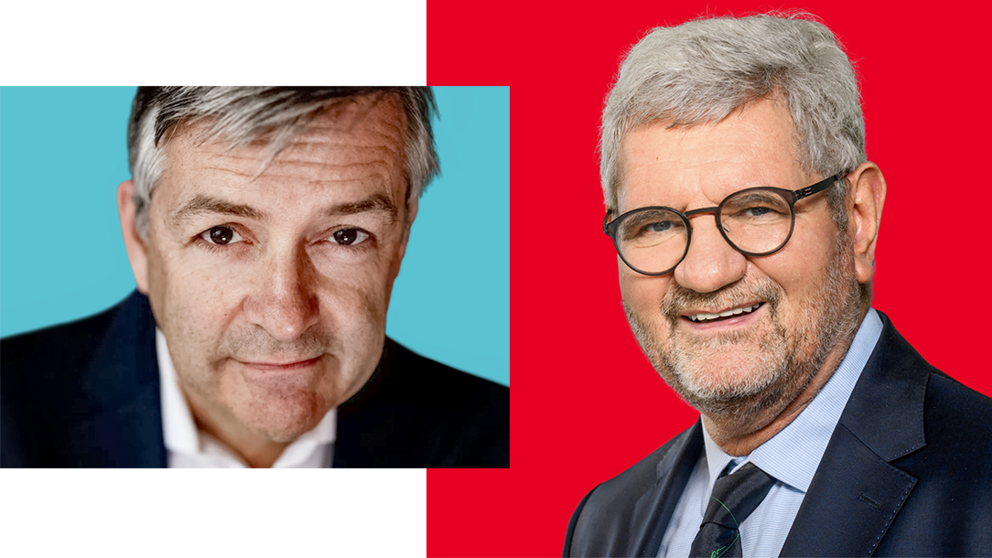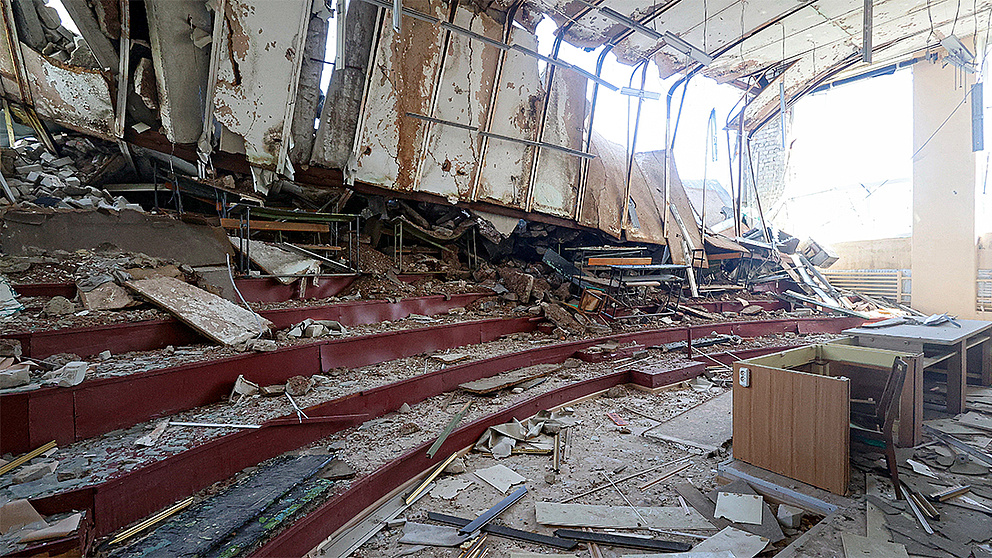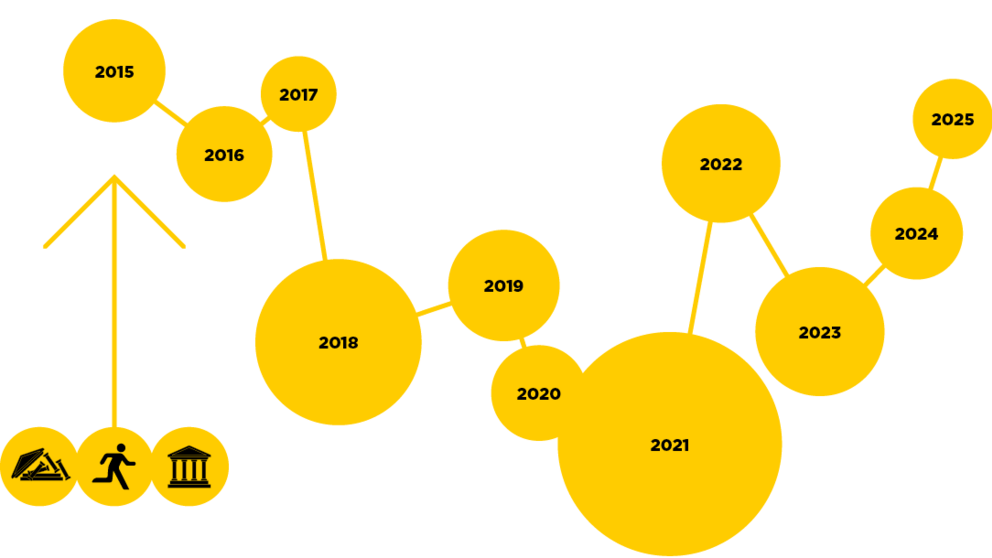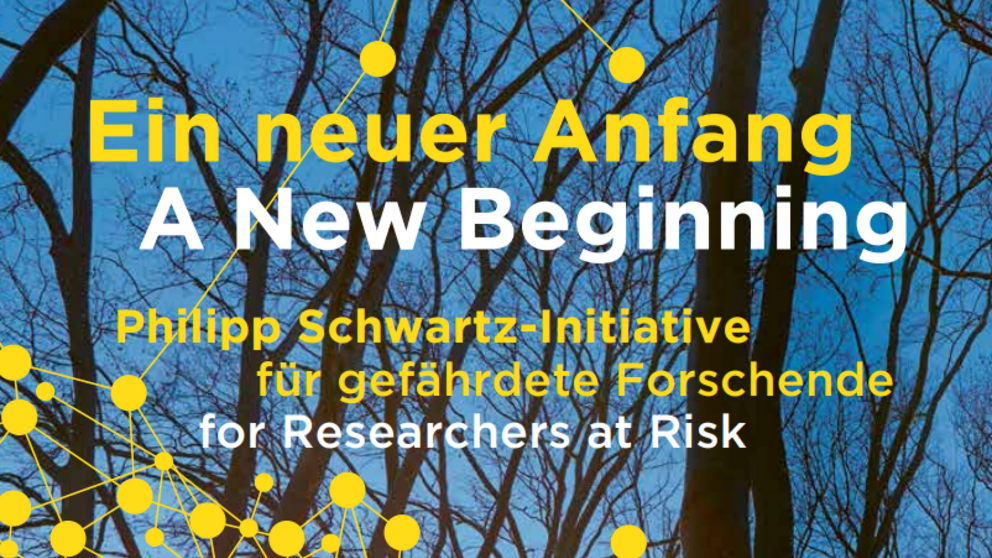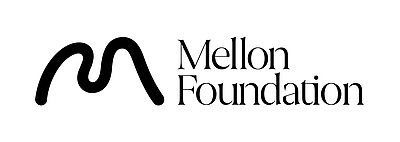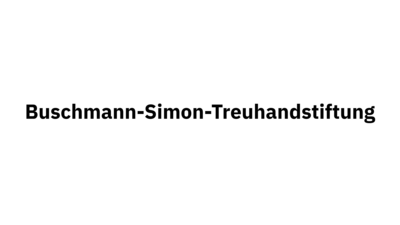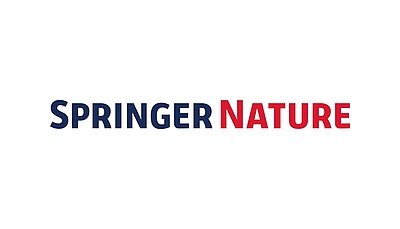Jump to the content
- {{#headlines}}
- {{title}} {{/headlines}}

Contact
Press, Communications and Marketing
Tel.: +49 228 833-144
Fax: +49 228 833-441
presse[at]avh.de
Why academic freedom is indispensable
Academic freedom is the basis for quality, creativity and innovation. It is also a prerequisite for democratic societies, expands our knowledge, strengthening knowledge-based decision-making and makes an indispensable contribution to societal consensus building. In consequence, reinforcing academic freedom is one of the Humboldt Foundation’s core strategic goals. The Foundation firmly believes that excellent, forward-looking research only emerges where researchers can work freely and pursue their interests. “Freedom of science is the indicator of freedom of society,” Foundation president, Robert Schlögl, emphasises.
The Philipp Schwartz Initiative: protection for researchers at risk
The Philipp Schwartz Initiative is one of the Humboldt Foundation’s core tools in the defence of academic freedom. It supports researchers from all over the world who are under threat in their own countries and are unable to continue their research.
Since 2016, more than 670 researchers from over 30 countries have found a new academic home at 147 institutions in Germany with the aid of the PSI (as of December 2025).
Creating structures – reinforcing competence
The Philipp Schwartz Initiative:
- enables universities and research institutions to host researchers at risk on the basis of two- to three year fellowship
- supports host institutions in building structures and competence to integrate sponsorship recipients as well as possible
- aims to retain researchers at risk as members of the academic community, secure their expertise and help them to develop prospects for the future
The annual Philipp Schwartz Forum connects sponsorship recipients, academic mentors, host institutions, political decision makers and international partners under the heading of academic freedom and support for researchers at risk.
| Geförderte | Land |
|---|---|
| 31,6 % | Türkei |
| 26,4 % | Ukraine |
| 10,4 % | Syrien |
| 31,6 % | 28 others * |
| Fellows | Field |
|---|---|
| 39,8 % | Natural sciences |
| 24,9 % | Social sciences |
| 23,7 % | Humanities |
| 11,6 % | Engineering sciences |
Support in global crises
The Philipp Schwartz Initiative was launched by the Humboldt Foundation and the Federal Foreign Office in 2015 in response to the movements of refugees from Syria and other crisis regions. “Since then, the world map of threats has changed dramatically and now features systemic risks for entire academic communities,” Foundation president Schlögl continues.
The Humboldt Foundation responds flexibly to geopolitical developments and, in cooperation with the Federal Foreign Office, has established special programmes for researchers from Ukraine, Afghanistan and Iran.
International cooperation for academic freedom
In the context of the Philipp Schwartz Initiative the Humboldt Foundation cooperates
- closely with leading international organisations such as Scholars at Risk, the IIE Scholar Rescue Fund and the Council for At-Risk Academics
At European level the Foundation is
- a central node in the network expanding institutional partnerships and networks in the fields of academic freedom and researchers at risk
- responsible for implementing the European Commission’s special fellowship programme, MSCA4Ukraine, together with Scholars at Risk Europe and the European University Association
- involved in an advisory capacity in the European Parliament’s pilot programme, SAFE, which provides Europe-wide support for researchers at risk from all countries outside of the EU



